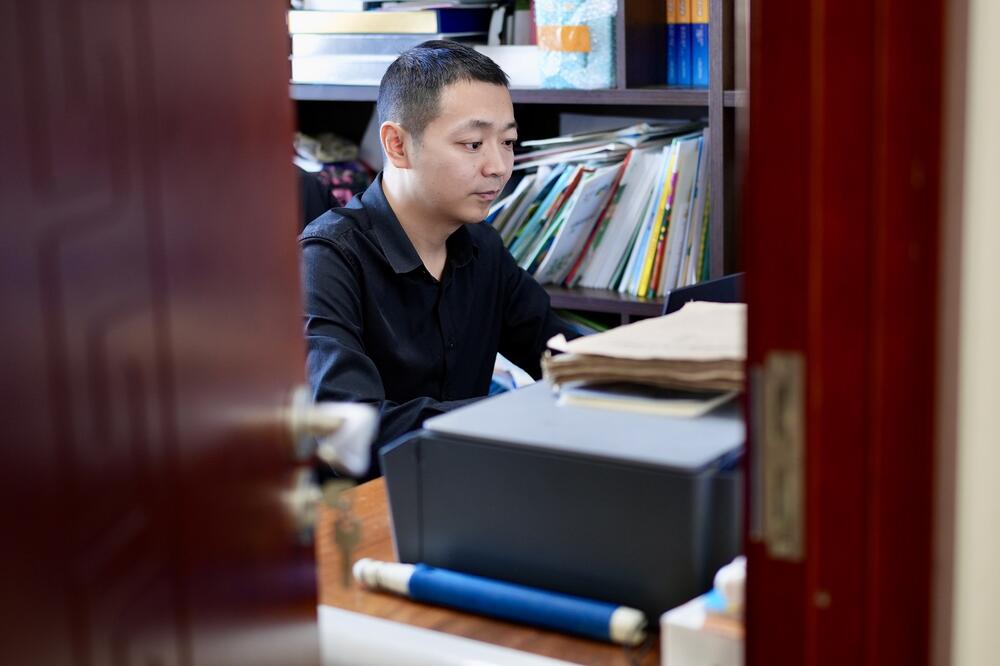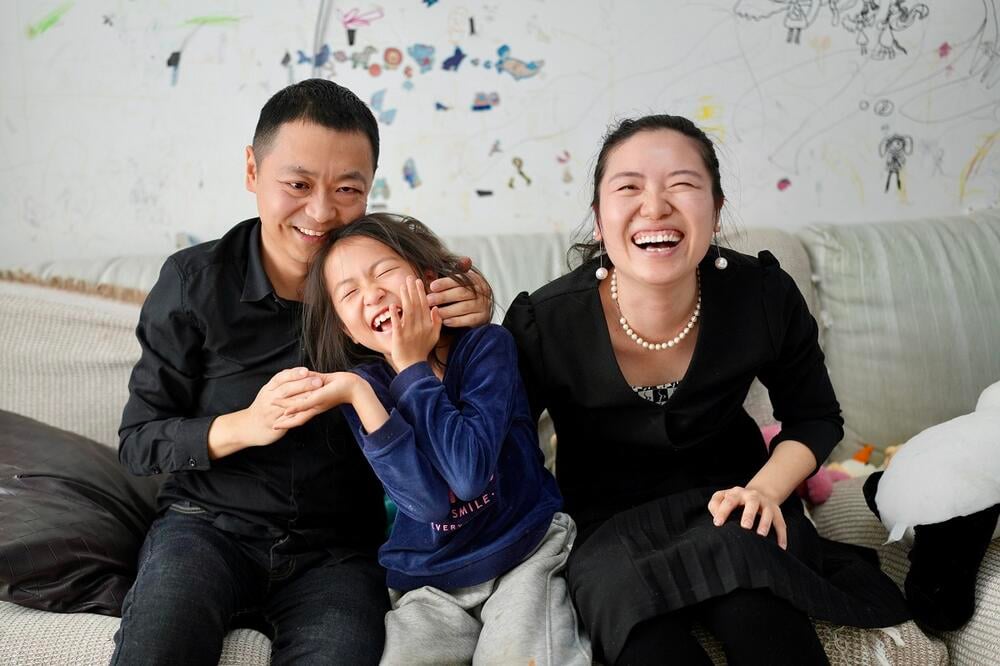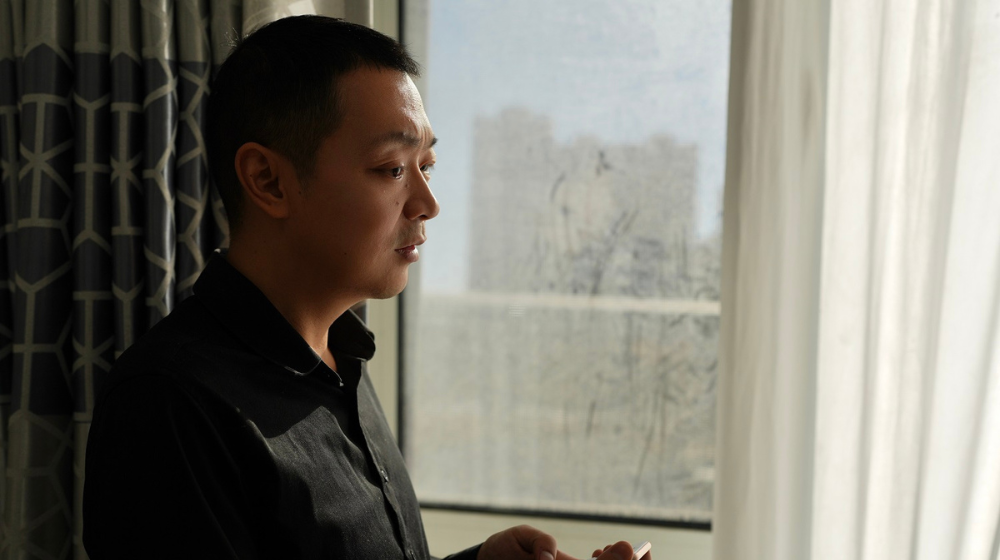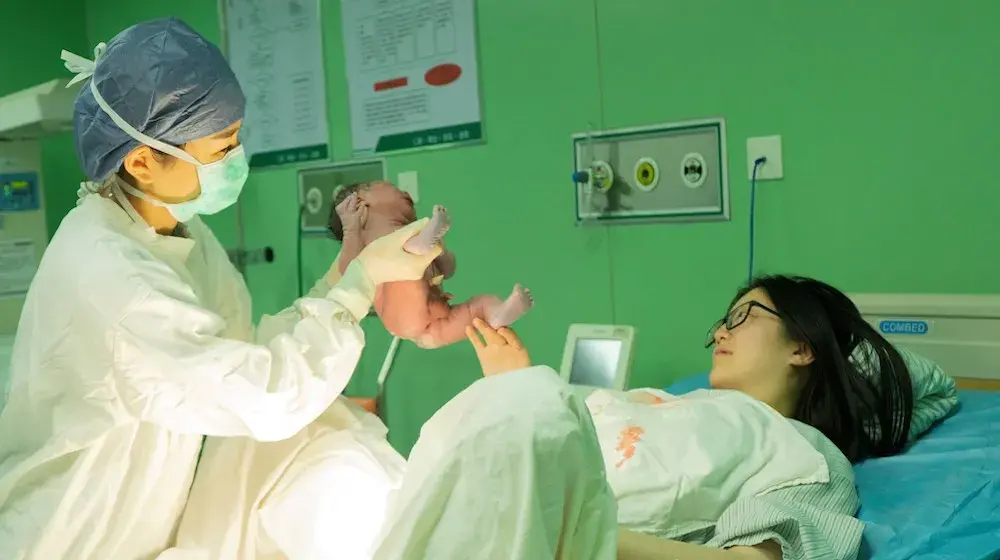Everyone has some kind of stereotypes about the lives of persons with disabilities based on traditional storyboards. In fact, we ourselves and many people around us, including colleagues, are doing this kind of thing.
I became an advocate on sexual and reproductive health for persons with disabilities by accident. I think the most important reason is that I did not go for a job in blind massage after graduation. When I took the college entrance examination, there was no national regulation to support persons with disabilities to take the examination with reasonable accommodation like there was in 2015. I asked to use assisted reading but my request was turned down. So, I had to go to one of the specific universities open to students with visual impairment. Its majors were limited, mainly in massage. But I did not want a massage job. Instead, I joined an organization of persons with disabilities and became an advocate. And because I had to work with various stakeholders, I started to learn about sexual and reproductive health issues. They have played a very important role in my work and my past life experience.
Disability has nothing to do with sexuality?
When I was a student, whether it was a biology class in junior high school or a human anatomy class at university, they both involved learning content on sexuality and the reproductive system. However, I was not allowed to learn about them [as a person with a disability]. It wasn’t until I started to work on these issues that I looked back at my own life experience, and these memories came back.
In my opinion, when we put disability and sexual and reproductive health together, we may face multiple exclusions and isolation, but the two topics are so closely interconnected.
They all have a lot to do with how we recognize ourselves and accept ourselves. Their foundation is our bodies and the feelings inside it. Our acceptance and recognition of our own bodies, whether it is gender or disability identity, is humanity on a larger social level. However, there are so many myths about the sexual and reproductive health of persons with disabilities, and discussing this topic can be so difficult.
If we add in gender issues as well, and see the differences between men and women with disabilities, we will find women with disabilities in an even more complicated situation.

After the World Conference on Women was held in Beijing in 1995, China's civil society organizations on women were very active. They had rich work experience. So when I started to work, my organization has always prioritized gender as a foundation of our work. I remember that in 2011, one of my female colleagues with a disability and I went to Indonesia to attend a sexual and reproductive health seminar in the Asia-Pacific region. We each had prepared speeches to call attention to the sexual and reproductive health and rights of people with disabilities. We shared our perspectives, and talked about our past experiences.
We saw that there are many differences between men and women with disabilities.
For example, in daily life, when a man talks about sexual and reproductive health, everyone will think that this should be something natural. But when a woman says something about it, everyone will think that it is problematic; when it comes to marriage choices, there are men with disabilities who find it hard to find a wife, but more women with disabilities do not even have the right to decide on getting married or not, or are treated like a reproduction machine – this is verified by many news reports.
So, one of the biggest efforts that my organization and I have made is to increase the visibility of disability and sexual and reproductive health – this is an issue that more people should be aware of and it is important. By collaborating with other organizations of persons with disabilities, we expand the communities of persons with disabilities, and the community members support each other and advocate on sexual and reproductive health for persons with disabilities. I remember a woman with a disability who attended our disability and sexual and reproductive health training camp. She later became an advocate for sexual and reproductive health of persons with disabilities, organizing women with disabilities to discuss and understand their bodies, menstruation, sexuality and advocate on the issues among persons without disabilities.
This is why I participated in the United Nations Population Fund's Disability Inclusion Project and engaged more than 20 Chinese organizations of persons with disabilities to participate in the development of a training toolkit on the sexual and reproductive health of persons with disabilities. Because of this project, I began to promote the concept of disability inclusion to more disability organizations, and more disability organizations came to me for collaboration.
In the non-disability field, I am also working with UNFPA to integrate the concept of disability inclusion into the contraceptive services provided in western China. For example, when the visitor is a person with disability, besides having the most basic contraceptive knowledge, the service provider needs to provide him or her with any specific information or reasonable accommodations based on his or her physiological difference.
By doing this, we not only support persons with disabilities with information and services based on their situation, but also remind everyone to be inclusive and do what we can to support persons with disabilities – this is what I’m doing and will be doing with UNFPA, now and in the future.
Starting a family

Cai Cong with his daughter and wife. ©UNFPA China/Liang Si
I remember many times, my family was greeted when attending a public event. At the end of the event, some parents with children with disabilities came over to us, very excited, saying, they used to think that their children’s life is ruined, but now they see me getting married and having a business, this kind of life is really joyful, and they find hope for their children.
For me, I hope to provide some new possibilities or new ‘scripts’ to the disability community. Whether it is persons with disabilities, parents with children with disabilities, or the general public, everyone has some stereotypes about the lives of persons with disabilities based on traditional storyboards. Not only ourselves, but many people around us, including colleagues, are doing this kind of thing.
For example, in my childhood, for a child who can’t see anything, it might mean his or her life ends for the parents. There are few role models with disabilities around us with an ideal and normal life, and even there are, many of them are just stories of a superhero with disabilities who lives hard to overcome all the difficulties. They are so far away from an ordinary person's daily life. And for my family, maybe we have more exposure in the media, so more people know about us. I’m a visually impaired researcher and advocate, with a wife who is a makeup artist for blind persons and is active in front of the camera, and we have a healthy and active 9-year-old daughter.
For families of persons with disabilities, I hope that their life can be meaningful and be known by others. Only when the stories of more persons with disabilities and their families are visible will people change their stereotypes. This is something that is already happening, but of course it will take a long time to happen.




